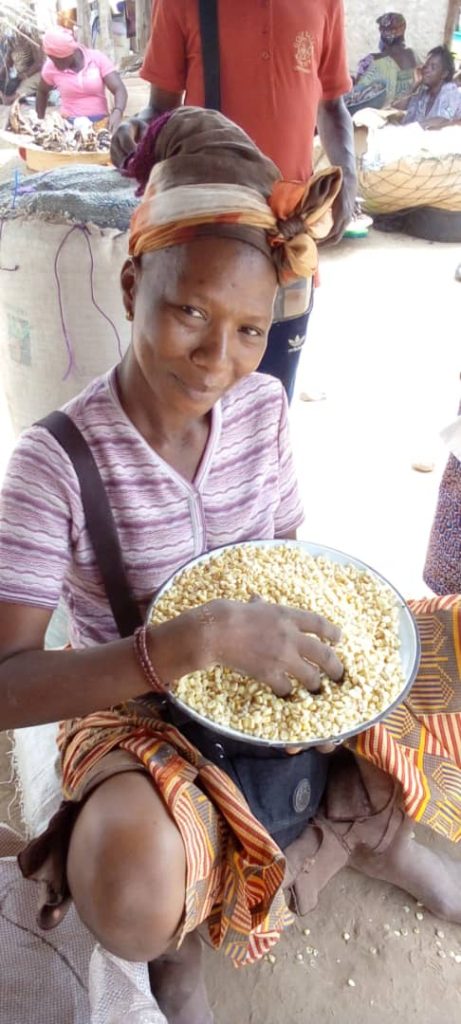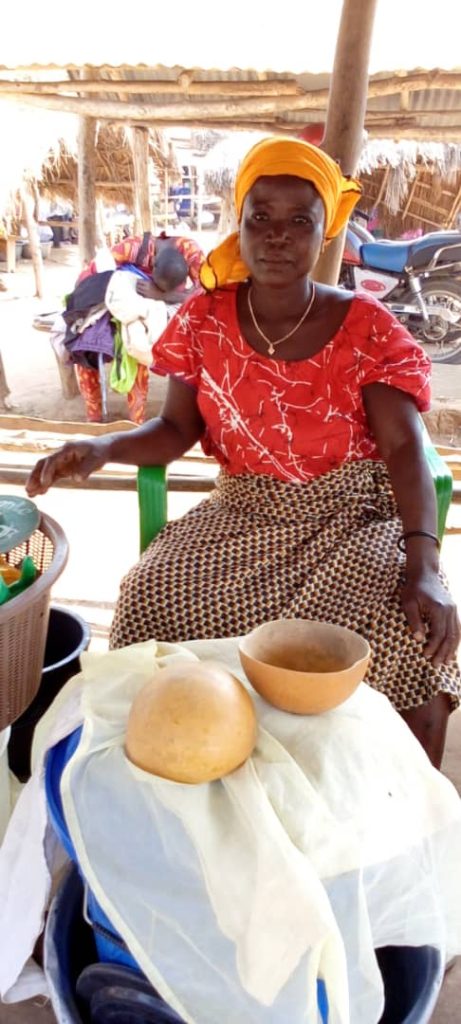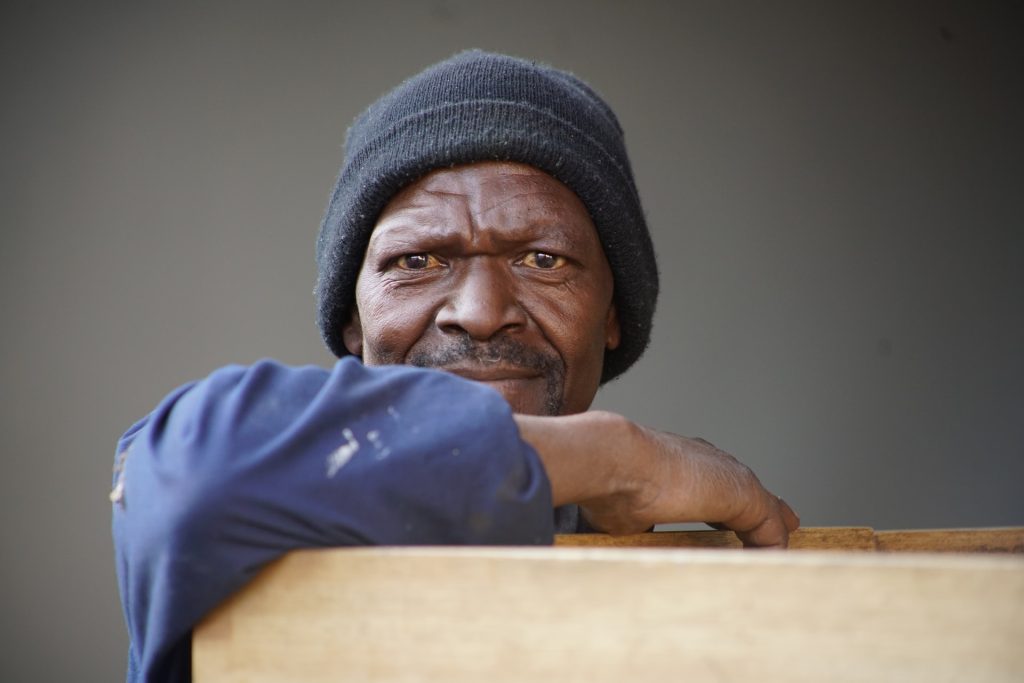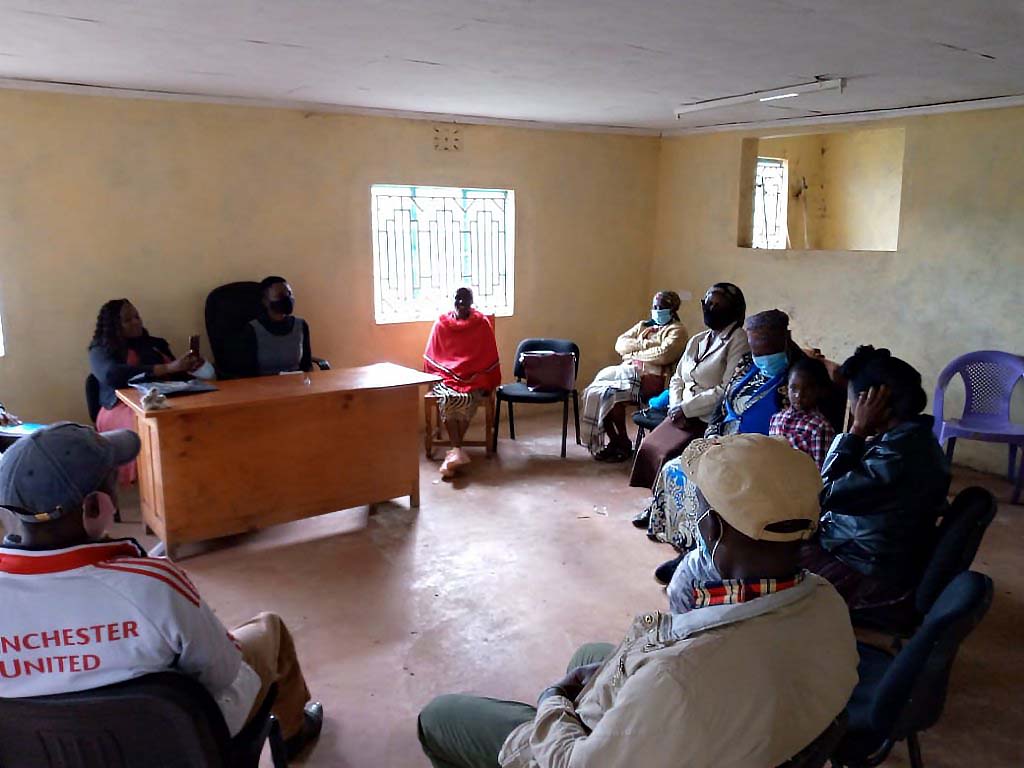The story of women from distant Togo villages
A group of women from Togo villages decided to find a way out of poverty by starting a business.
Ten years ago a group of women from distant Togo villages decided to improve living conditions for themselves and their families by starting small businesses. That´s how the programme of providing small loans and education in business skills to women social entrepreneurs in Togo began.
Read about their experience of running a business and what has changed for them from the beginning until today.
What do women produce and sell?
Women in our Togo program produce and sell a variety of products such as maize, beans, cakes, rice, yams and fruits, bags, clothes, shoes, drugs, and local drinks. They are involved in a set of bars, tailoring, and hairdressing.
Do they work alone, or have help from other family members?
Some of them do the job alone, and some of them employ other people as well, like in bars, or tailoring and hairdressing where they teach the skills and employ young girls and orphans.
What motivated these women to start their business, and what motivates them to continue doing it?
Climate changes cause the lack of rain, and that affects conditions for farming. Because of these changes, women had to find alternative ways to support their families. Poverty is another strong driver for starting a business that can bring the necessary resources for living. Simply said – women wanted to earn money to take care of their families.
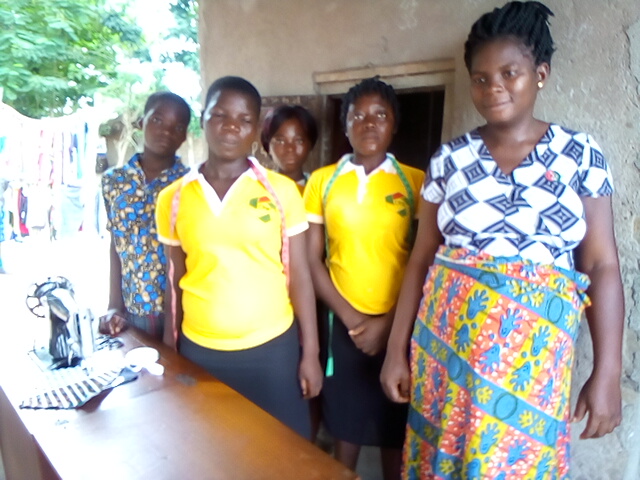
Do the women have support in running their business?
They have no financial support from the community. Some of them got a loan previously, but the interests were high and impossible to handle. That´s why they turned to Action10 for fair and positive support.
Did their status in the community change thanks to starting a business?
The status these women have in their community changes significantly. They are paying the school fees for their children, and participate in the well-being of their families by providing food and clothes.
Are they more appreciated?
The women involved in the programme are more appreciated since they started their business and, as they testify – joy joined their families!
Learn more about the programme of supporting women entrepreneurs in Togo villages.
